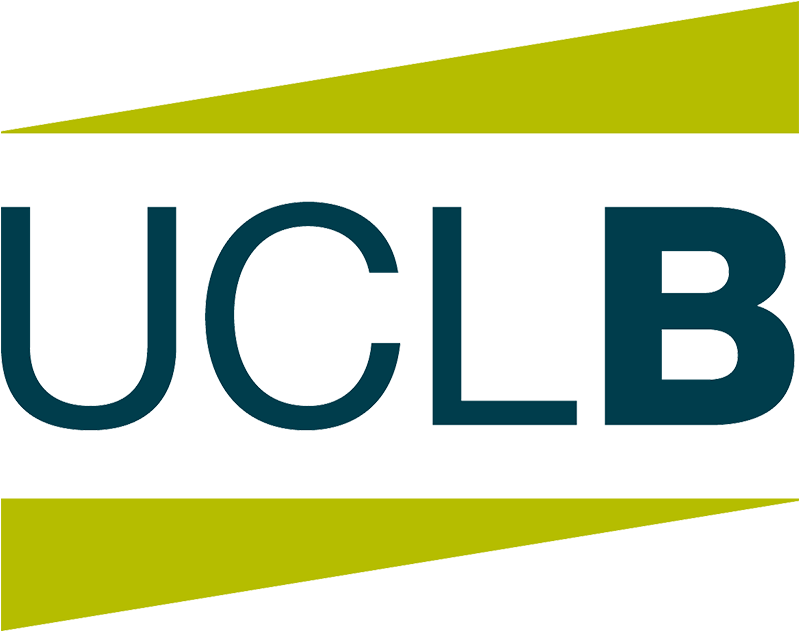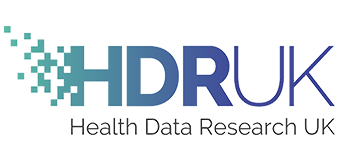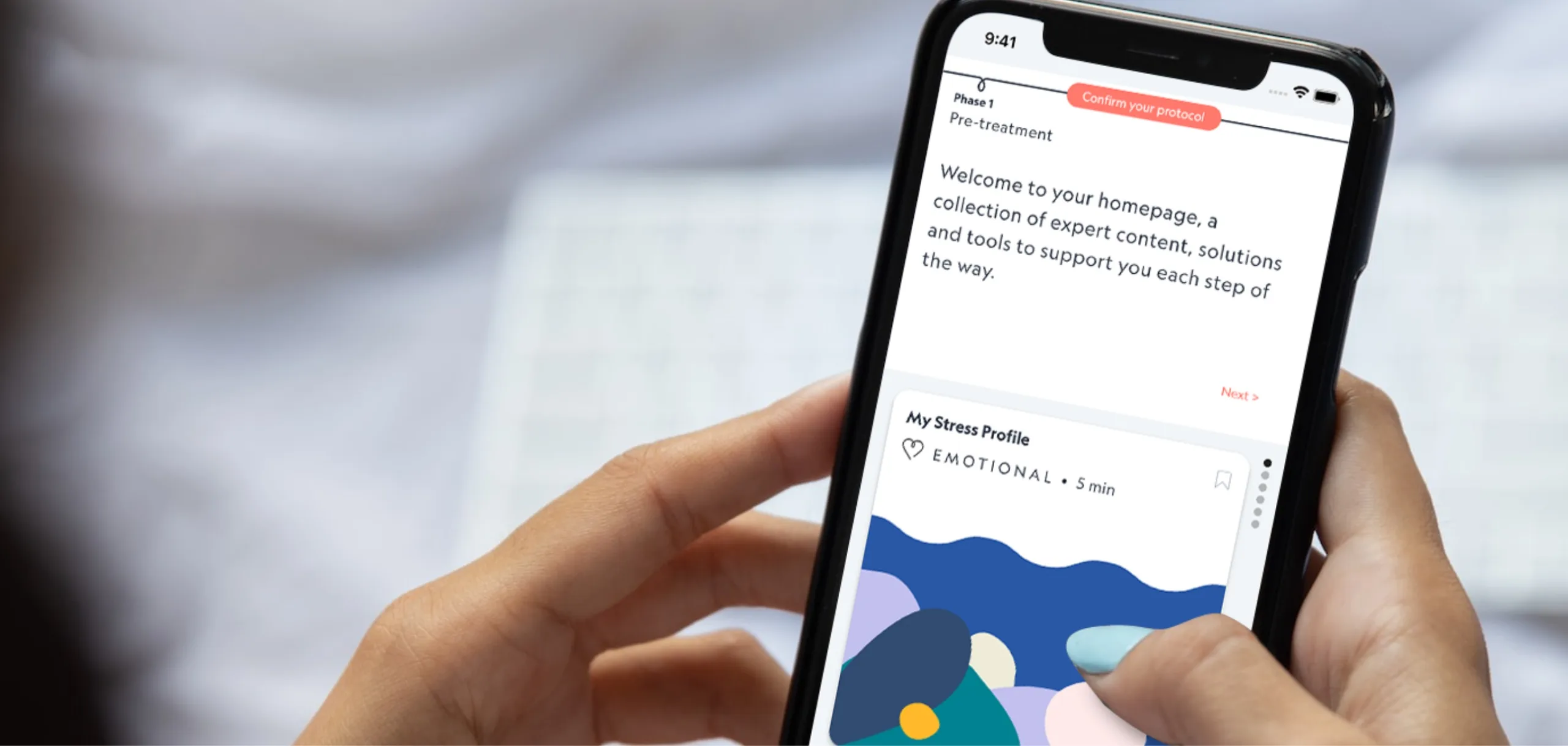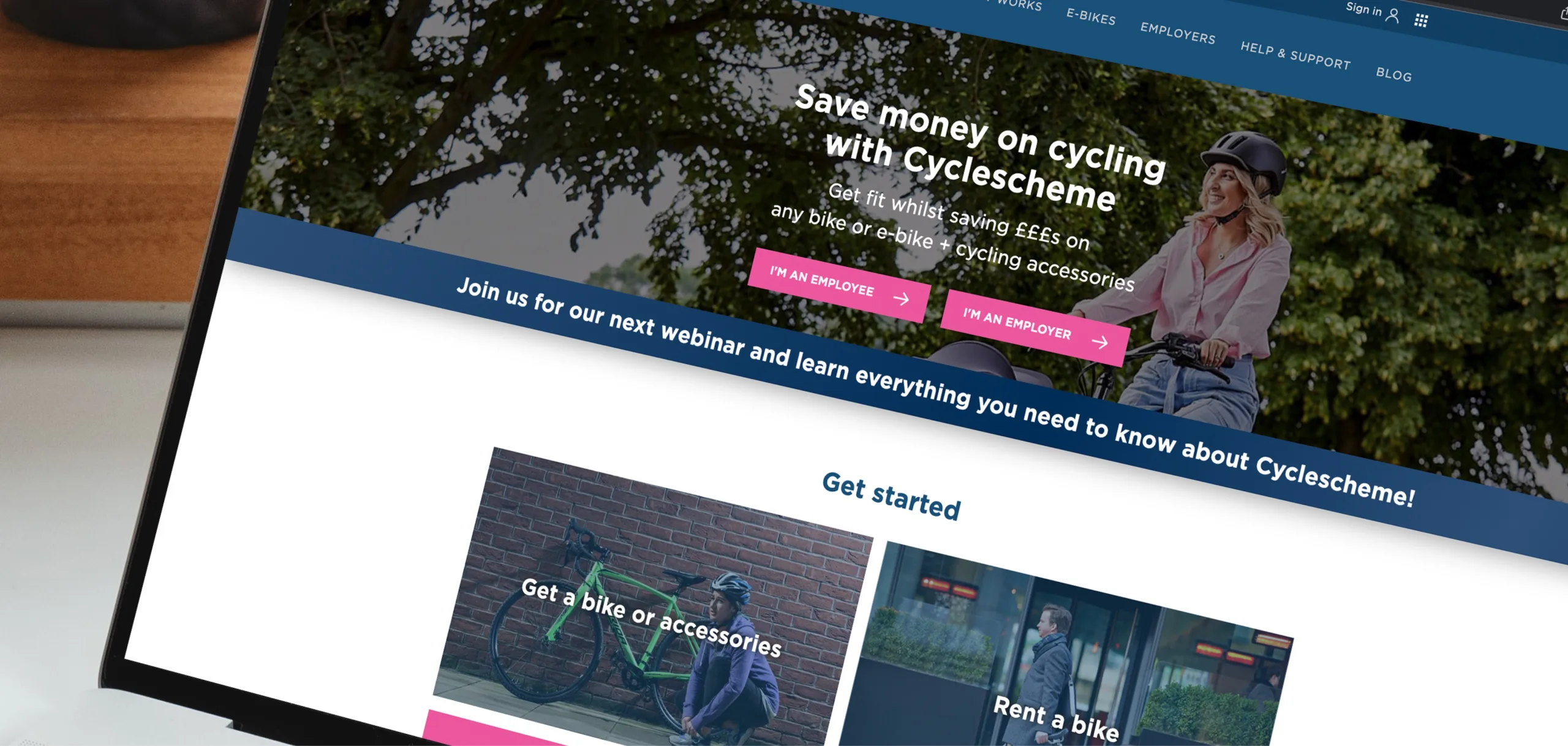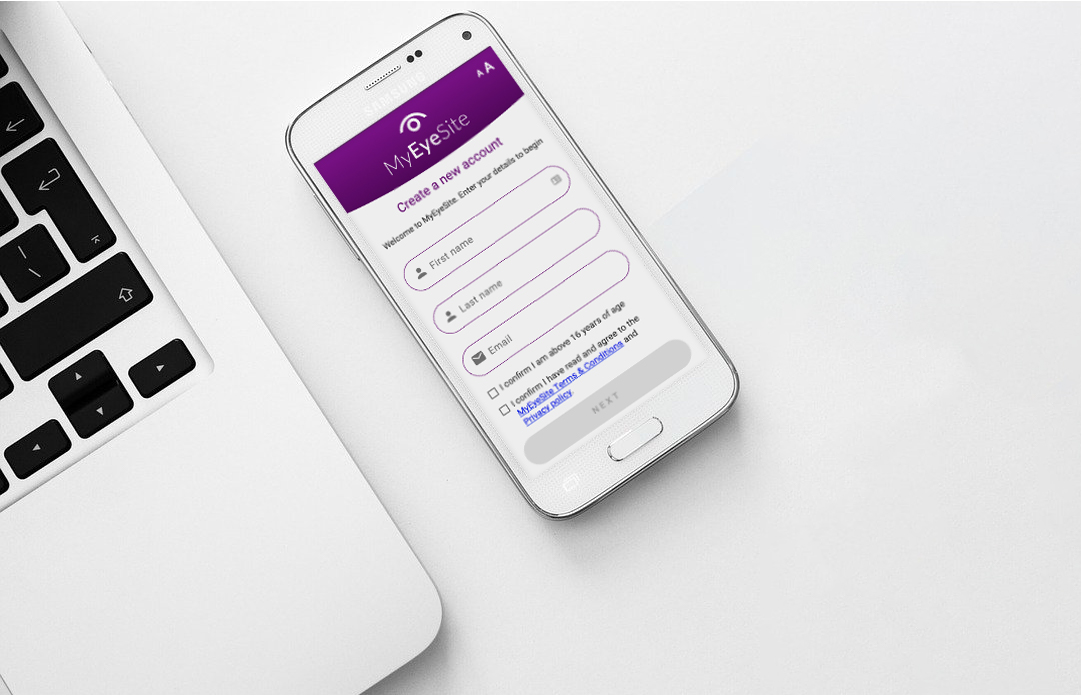Loft worked with Moorfields Eye Hospital and UCL to develop a new app and platform to accelerate rare disease research and improve healthcare.
The challenge
Information sharing in the NHS is difficult, and this is holding back science and healthcare. The opportunity is to give patients direct control over who their data is shared with for research as well as clinical purposes.
Project overview
A rare disease is one that affects less than 1 in 2,000 people, but when considered as a group these diseases are quite common. They affect about 1 in 20 people – globally that’s 350 million.
Most rare diseases are genetic, and therefore affect people throughout their whole lives and can be passed down through the generations. Many are deeply debilitating – for example leading to blindness.
So the case for investing in therapies and treatment is very strong. Until very recently it has been almost impossible to treat rare, genetic disease. Recent progress in science and technology, including artificial intelligence, has transformed this landscape, and there is now the potential to develop revolutionary precision genetic therapies for people with these diseases.
However, one of the main barriers scientists still face is access to large volumes of linked data, which they need to compare individuals’ genetic sequences and clinical histories to identify the patterns that emerge.
This data is hard to collect because for each individual patient the data that scientists need, such as OCT scans, has been generated in many different clinical and community settings over the course of a lifetime. It is not linked, and the NHS – let alone global health services – are unable to link it and share it with scientists.
This also presents a problem for specialist rare disease doctors, who need to see a full copy of a patient’s clinical biography ahead of an appointment. Amazingly, in rare diseases a system for this simply does not exist, and NHS efforts to create one have failed due to the logistics of dealing with patient consent.
The MyEyeSite project is looking at a new way to solve these problems, using rare eye disease as an initial area of focus. Its approach is to empower patients – who above all others have the right and the incentive – to collect, link and share their specialist rare disease data however they wish.
Future vision
The first phase, a feasibility study and prototype, is now complete.
The main areas of focus for this phase have been to research and understand the problem space, design and iterate potential solutions, and complete a market study into the long-term commercial/funding potential. With our colleagues at Moorfields and UCL, we engaged patients, doctors and researchers as collaborators, carried out extensive user research and collaborative design sprints, held two public patient days to garner wider input, worked with the RNIB to ensure accessibility, spoke at many events, and engaged with pharmaceutical companies to explore commercial interest.
The resulting MyEyeSite application design consists of a platform with interfaces (web or mobile) for patients to scan and manage their specialist medical and genetic data on a timeline, and to and share this data with doctors, research studies, family and friends, in a secure, systematic and structured way; and an interface for doctors to review data shared with them in this way. In the future interfaces will be provided for medical research studies to access data – with the right patient consent – to accelerate their work.
We then went on to develop a functional prototype of the application which is in the process of being tested by its different groups of target users, and once finalised will go into production development.
Let’s talk
Digital health is a core sector for Loft. To talk to us about your project get in touch via [email protected].
| Client | UCL |
| Project | MyEyeSite |
| Sector | Health & wellness |
| Services | Research Design Platform development |
| Key technologies | Loft Platform AWS |
| Awards | IoO PPIE Award 2021 HDRUK Sprint Exemplar award 2019 Innovate UK award 2020 |
| Academic papers | Journal of Medical Internet Research publication |
| Films & podcasts | Film: Introducing MyEyeSite at the Macular Society Conference 2021 Film: Laura and Alessia – how MyEyeSite came to be Film: MyEyeSite – an INSIGHT Exemplar Films: Short films about MyEyeSite by NIHR Moorfields BRC Podcast: Interview with Retina UK Podcast: Interview with BroadEye |
| Conferences | ARVO 2021 |
| Collaborators | Moorfields Eye Hospital Moorfields Eye Charity UCLB Medical Research Council Retina UK Pontikos Lab |
“Working with Loft is transforming our ability to engage with patients around data.”

Professor Andrew Webster
Chair of Molecular Ophthalmology, UCL
Consultant Ophthalmologist, Moorfields Eye Hospital




